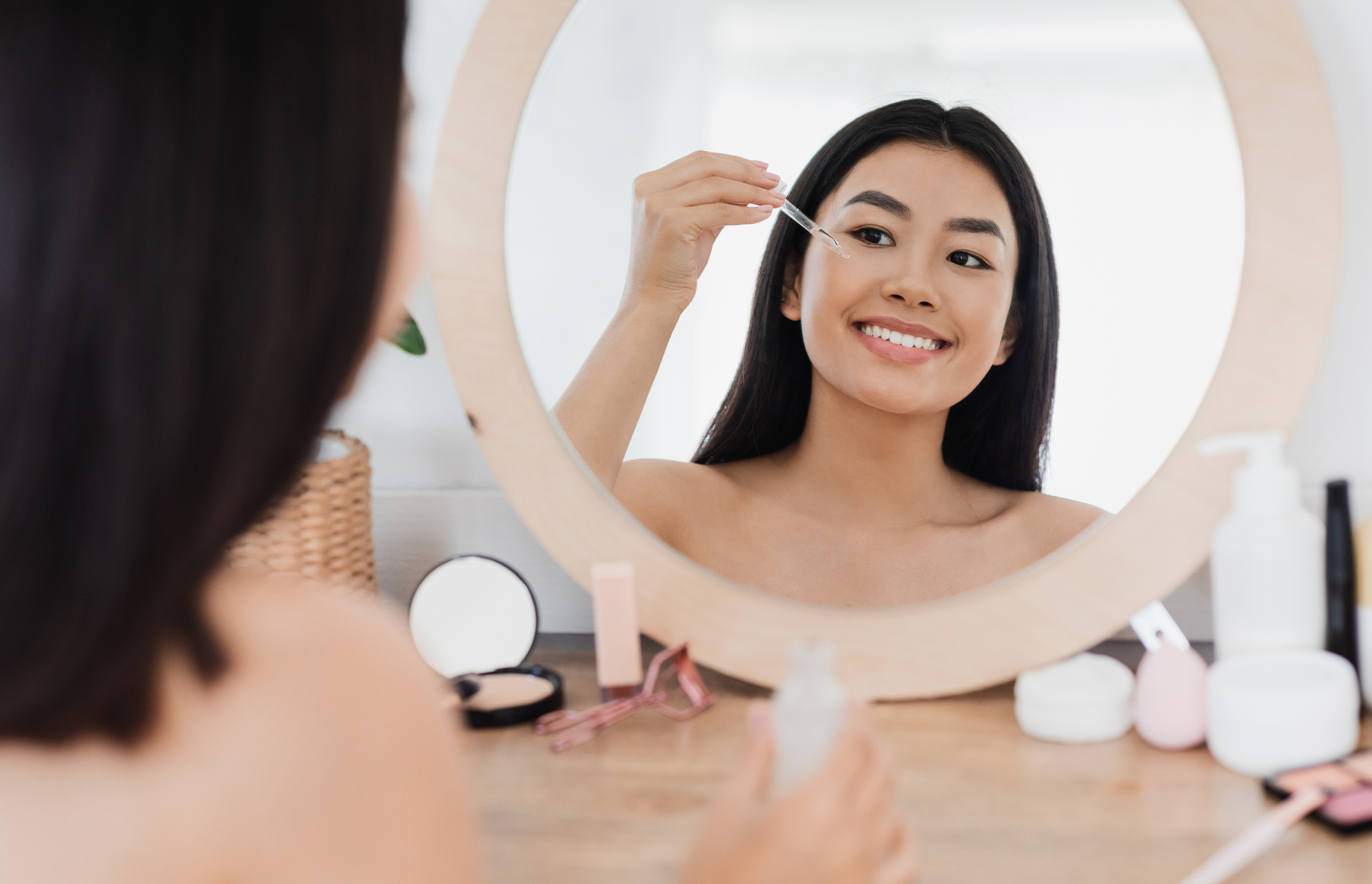A good beauty skincare regimen typically consists of multiple steps and focuses on cleansing, toning, treating, moisturizing, and protecting the skin. Here’s a general outline of a skincare routine that you can customize according to your specific skin type and concerns:
Cleansing
Start by cleansing your face twice a day, morning and evening, to remove dirt, oil, and impurities. Use a gentle cleanser suitable for your skin type. Massage it onto damp skin, then rinse thoroughly with lukewarm water.
Toning
After cleansing, apply a toner to balance the pH of your skin and prepare it for better absorption of subsequent products. Choose a toner that suits your skin type. You can apply it by gently patting it onto your face with clean hands or a cotton pad.
Treatment
This step involves addressing specific skin concerns, such as acne, hyperpigmentation, or aging. Use targeted treatments like serums, essences, or ampoules that contain active ingredients to address your concerns. Apply the treatment product onto cleansed skin and allow it to absorb before proceeding to the next step.
Moisturizing
Hydration is crucial for healthy-looking skin, regardless of your skin type. Use a moisturizer suitable for your skin’s needs. Apply the moisturizer evenly onto your face and neck, gently massaging it in using upward motions. Don’t forget to moisturize both in the morning and evening.
Eye Care
Use an eye cream or gel specifically formulated for the delicate skin around the eyes. Apply a small amount using your ring finger and gently pat it around the orbital bone, avoiding direct contact with the eyes.
Sun Protection
Apply a broad-spectrum sunscreen with an SPF of 30 or higher, even on cloudy days. Sunscreen should be the final step of your morning skincare routine; and make sure to reapply sunscreen every two hours, especially if you’re spending extended time outdoors.
Weekly Treatments
Include weekly treatments like exfoliation or masking to enhance your skincare routine. Exfoliate gently to remove dead skin cells and promote cell turnover and always use face masks suited to your skin concerns to provide additional hydration, nourishment, or targeted treatment.
Remember, it’s essential to choose skincare products that suit your skin type, concerns, and preferences. It’s also advisable to patch-test new products before applying them to your entire face to check for any adverse reactions. Consulting with a dermatologist or skincare professional can provide personalized recommendations and guidance based on your specific needs.
